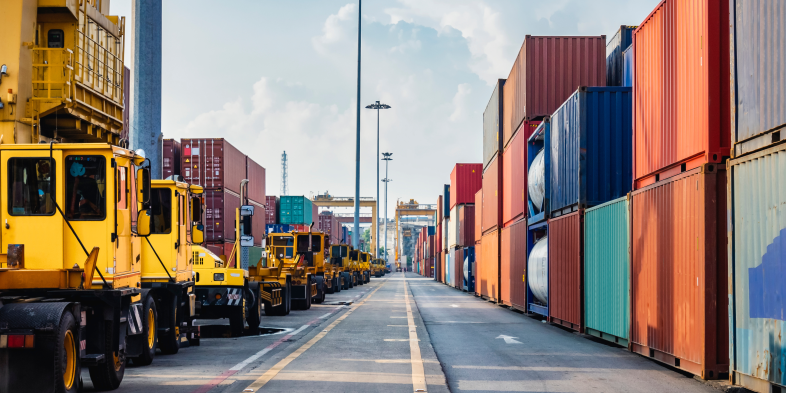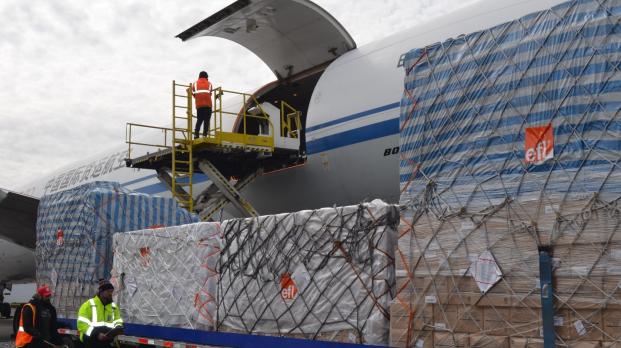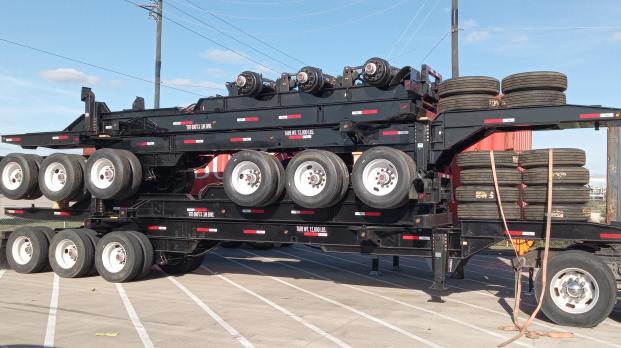
Despite the potential for growth and opportunity, navigating logistics and supply chain operations in an emerging market can be a daunting task. Logistics providers must consider a number of factors, including economic uncertainty, labor and shipping shortages, freight costs, and managing complex systems where resources may be scarce.
However, there are many benefits to breaking into emerging markets – especially being one of the first to do so. This can include:
• An increase in demand for new goods, services, and resources.
• A competitive edge for those businesses looking to access said markets with a provider.
• Business expansion, and, in turn, business growth.
How can providers navigate these challenges in emerging markets to create opportunity for themselves and their customers?
Establish a presence.
Establishing a physical presence in an emerging market can help build relationships with local partners, allowing you to better understand the culture and business practices of the region. Working with an experienced local partner can also provide insight into the most efficient and cost-effective way to move goods in and out of the country.
"It’s critical to our success, as well as our customers, to leverage local talent and operations in emerging markets,” says Tony Glass, Senior Vice President – Global Business Development & Marketing at EFL Global. “No one knows the market better than someone who’s in it.”
Understand regulations and trade agreements.
Regulations in emerging markets can be vastly different than those in mature economies. It is essential to become familiar with the local regulations before attempting to move goods in or out of these markets. Additionally, understanding trade agreements can have a significant impact on how efficient your logistics operations become.
"Trade and regulatory compliance are a must,” says Glass. “We’re always investing in our teams and systems to provide best-in-class Customs Brokerage services. Our most recent example of this commitment is our acquisition of Trans American Customshouse Brokers, Inc., making EFL Global one of the Top 10 Customs House Brokers for United States, Canada, and cross-border Mexico services.”
Invest in assets and transportation solutions.
Developing efficient transportation solutions and gathering owned assets are crucial to success in emerging markets. Investing in the right tools to facilitate the movement of goods not only creates opportunities for your customers’ supply chains, but also allows you to avoid potential risks like equipment shortages, storage feeds, and shipment delays in these emerging markets (read, “Why Owning Chassis Gives You a Competitive Edge” on EFL Global Insights).
"One thing we’ve learned over the past two years is, ‘assets matter.’ By making investments and developing our own chassis and trucking network, we have better control over our on-time performance,” says Glass. “We are not subject to shortages, congestion, and delays when using a common pool of chassis and other assets.”
Utilize technology to your advantage.
Technology can be an invaluable tool for navigating the complexities of logistics in emerging markets. From tracking shipments in real-time, to facilitating smoother customs clearance processes, to automating day-to-day operational tasks, technology can help logistics providers take advantage of the opportunities in these markets without having to deal with challenges that can be fixed with the power of digitalization.
Understanding the regulatory environment, establishing a presence in the target market, paying attention to trade agreements, investing in transportation, and utilizing technology are only a few of the many ways businesses can navigate the complexities of logistics in emerging markets and create new strategies for their customers. With the right approach, these markets can offer tremendous opportunities for growth and success for logistics providers and their customers alike.





